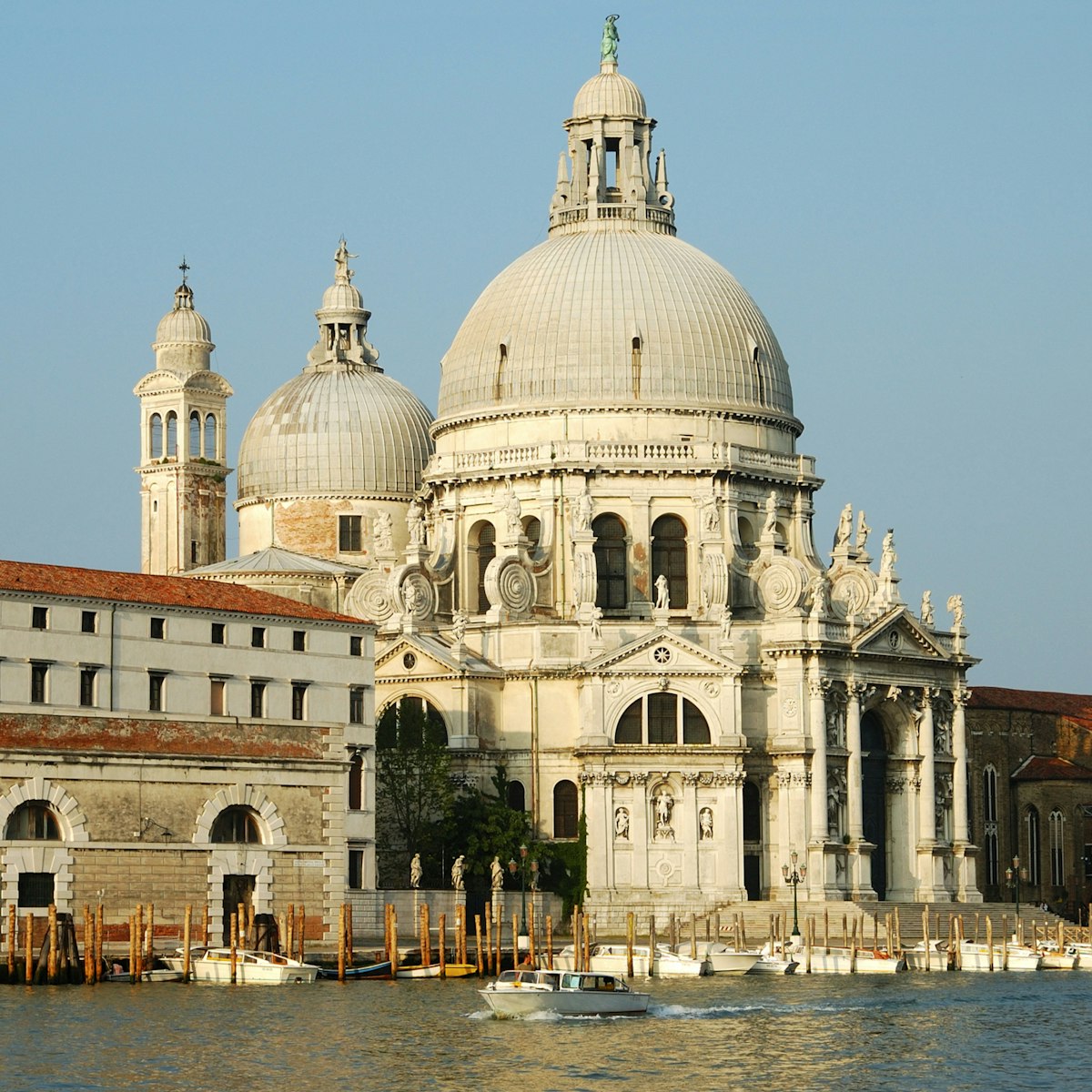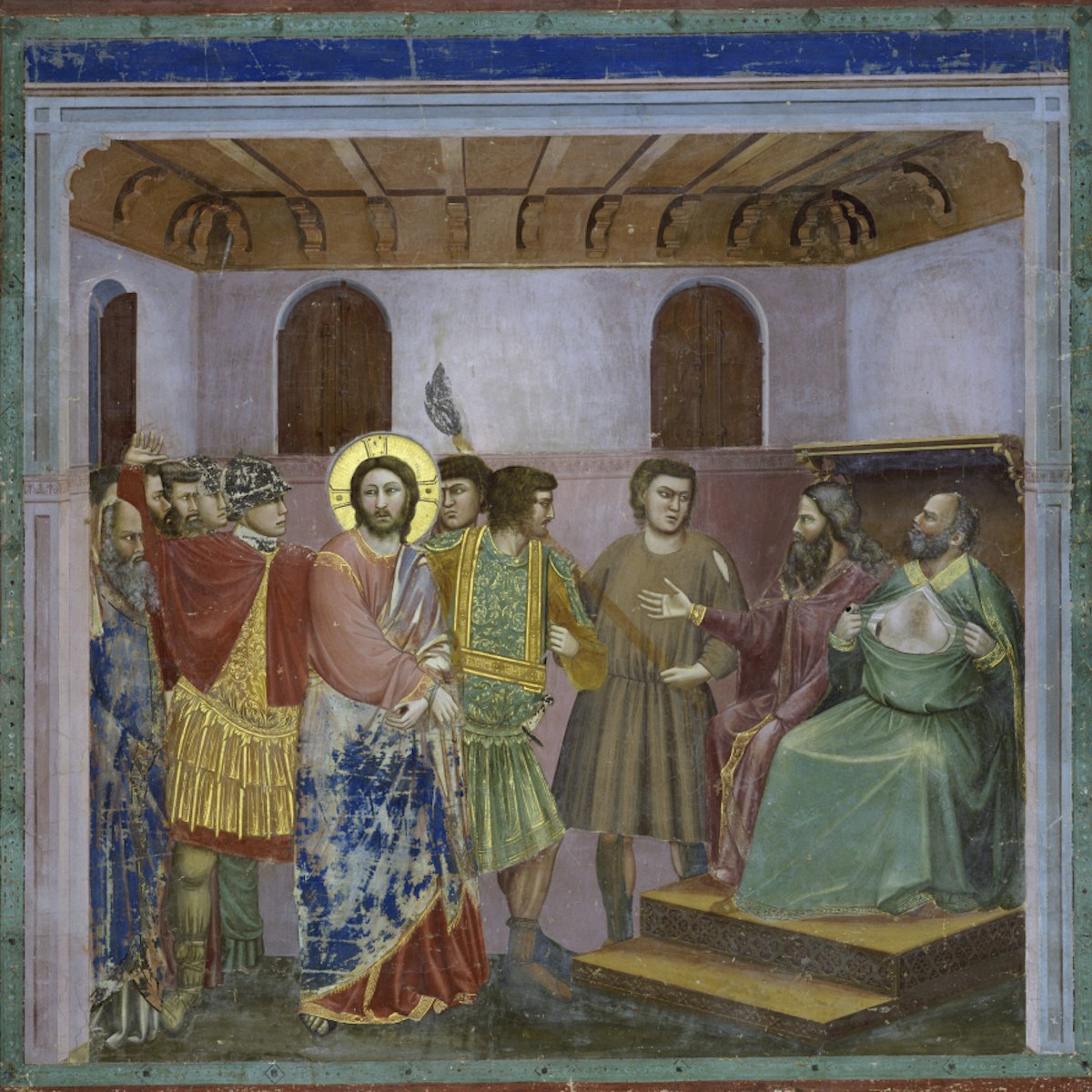Baroque dreams come true at this Baldassare Longhena–designed Grand Canal palazzo (mansion), where a marble staircase leads to a vast gilded ballroom and sumptuous salons filled with period furniture, paintings, porcelain and mesmerising ceiling frescoes, four of which were painted by Giambattista Tiepolo. The building was largely stripped of its finery when the Rezzonico family departed in 1810, but this was put right after the city acquired it in 1935, and refurnished it with pieces salvaged from other decaying palaces.
On the 1st floor, Giambattista Tiepolo's Throne Room ceiling is a masterpiece of elegant social climbing, showing Merit as an elderly bearded man ascending to the Temple of Glory, accompanied by a cherub clutching the Golden Book of Venetian nobles’ names – including Tiepolo’s patrons, the Rezzonico family. The throne in question – an over-the-top carved and gilded affair – was once used by Pope Pius VI on a visit to Chioggia.
The 2nd floor opens with the showstopping Picture Gallery Portego, featuring an amazingly detailed View of the Grand Canal by Canaletto – one of only two works by the artist on public display in Venice. Also on this floor are a series of fresco-covered rooms reassembled from the family villa of Giambattista's son, Giandomenico Tiepolo, full of preening parrots and mischievous Punchinello clowns. In the Longhi Room, sweeping Grand Canal views are upstaged by Pietro Longhi's winsome satires of society antics.
The top floor is given over to the Egidio Martini Pictures Gallery (showcasing Venetian artists from the 15th to the 20th century) and the interiors of a historic pharmacy that once stood on Campo San Stin, complete with 183 majolica ceramic jars of 18th-century remedies. Apparently pharmaceutical-grade scorpions don't cure everything: the poet Robert Browning died at Ca' Rezzonico in 1889.
There's a lovely formal garden at the rear, near the main entrance to the museum. Also on the ground floor is the entry to the mezzanine Mestrovich Collection, including notable works by Tintoretto and Bonifacio de’ Pitati.








